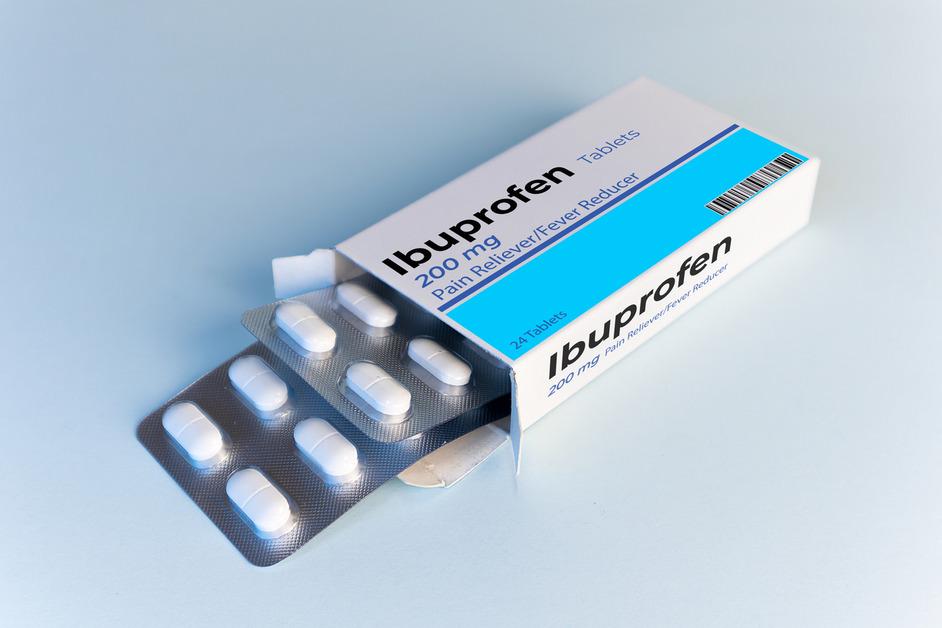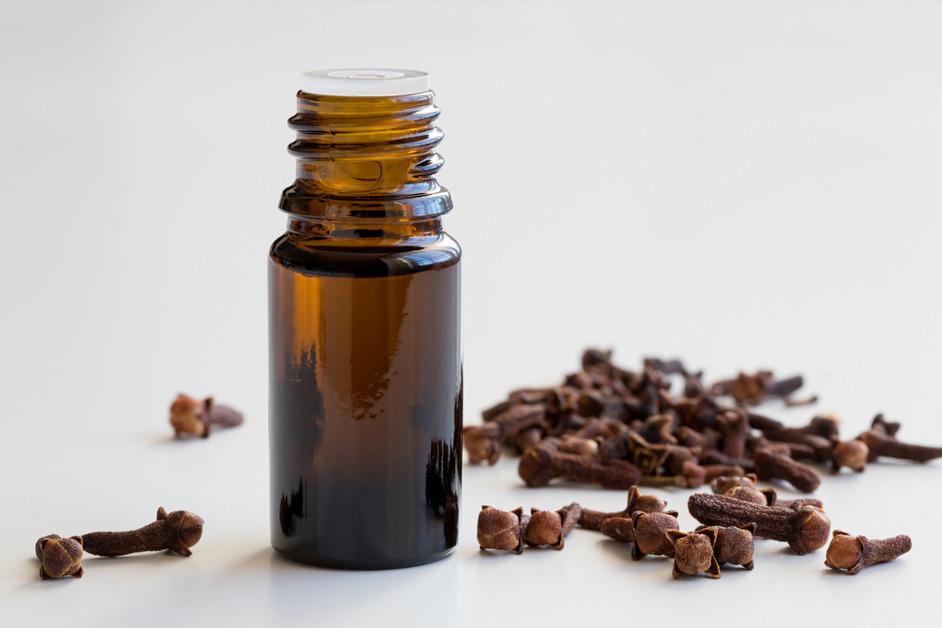Try These Home Remedies to Get Rid of Tooth Nerve Pain, According to a Dentist (Exclusive)
A salt water rinse and combination therapy are just a few of Dr. Rhonda Kalasho's recommendations for killing tooth nerve pain.
Published Feb. 19 2024, 10:20 a.m. ET

Tooth nerve pain can be caused by two types of sensitivities: pulpal and dentinal.
Pulpal sensitivity can occur when an individual tooth has a damaged nerve from breakage, infection, tooth decay, a filling, or bruxism. Dentinal sensitivity is widespread tooth sensitivity, which could be caused by damaged tooth enamel, receding gums, and cavities, according to Crest.
If you have experienced tooth nerve pain, you know it can be extremely painful. And while fast treatments exist, it will likely take longer than three seconds for the pain to subside. Luckily, we talked to Dr. Rhonda Kalasho, dentist and CEO of TruGLO Modern Dental, exclusively about methods out there that could help you kill tooth nerve pain — as naturally and quickly as possible — and "manage the discomfort until you can seek professional dental care."
However, please remember that these recommendations should not be used as a replacement for professional dental care, and if you are experiencing tooth pain it’s important to visit a dentist.

How can you kill tooth nerve pain in 3 seconds permanently?
Although three seconds is an exaggeration, there are two methods that could provide immediate relief from tooth pain; these include a root canal and entire tooth removal, per Manhattan Medical Arts.
During a root canal, the irritated nerve is detached from the tooth, which can cause immediate relief. Removing the tooth entirely also can be a solution to pain; however, it is often not a first resort, because there will be a gap where the tooth used to be.
According to Dr. Rhonda Kalasho, tooth pain can be a normal experience after dental work such as fillings or restorations. “If you've recently had dental work done and are experiencing sensitivity or biting pain, it may be due to minor adjustments needed in the dental restoration," Dr. Kalasho tells Green Matters exclusively. She adds that you should head to the dentist for "a quick bite adjustment to alleviate discomfort."
However, if pain is persistent and gets worse over time, it should be treated by a professional. Dr. Kalasho tells Green Matters that “persistent tooth pain may indicate underlying issues such as a cracked tooth or infection.”
With that in mind, here are some options for relieving tooth nerve pain at home.
Salt water rinse

Dr. Kalasho tells Green Matters: “If you're experiencing pain due to gum disease or bone loss around a tooth, a salt water rinse may provide temporary relief.”
All you need to do is combine a teaspoon of salt with a glass of warm water and rinse your mouth thoroughly. This remedy is effective in killing bacteria around the tooth and reducing inflammation.
Hydrogen peroxide mix

According to Rela Hospital, rinsing your mouth with hydrogen peroxide can also be used to reduce inflammation and kill bacteria. Mix 1 part hydrogen peroxide with 1 part water, and rinse it in your mouth thoroughly for about 30 seconds.
Anti-inflammatory medication

Dr. Kalasho also recommends trying over-the-counter anti-inflammatory medication, such as ibuprofen, for tooth pain relief.
"These medications can help reduce inflammation and alleviate some of the pain associated with toothaches," she tells Green Matters. "However, always consult with your doctor before taking any medication, especially if you have underlying health conditions."
Clove oil

Colgate says that clove oil can actually numb parts of the mouth, and can be helpful in reducing inflammation. To use it to reduce tooth pain, dip a cotton ball in a few drops of clove oil and rub it over the area in pain. According to Colgate, although this method can be effective, you should make sure you are not putting too much in your mouth. If eaten, clove oil can cause unwanted side effects.
Combination therapy

According to Dr. Kalasho, combination therapy, which involves combining ibuprofen and acetaminophen, could be effective. "These two medications work on different pain receptors and can complement each other's effect," she explains, before noting that this method should only be done after you have checked with a healthcare professional.